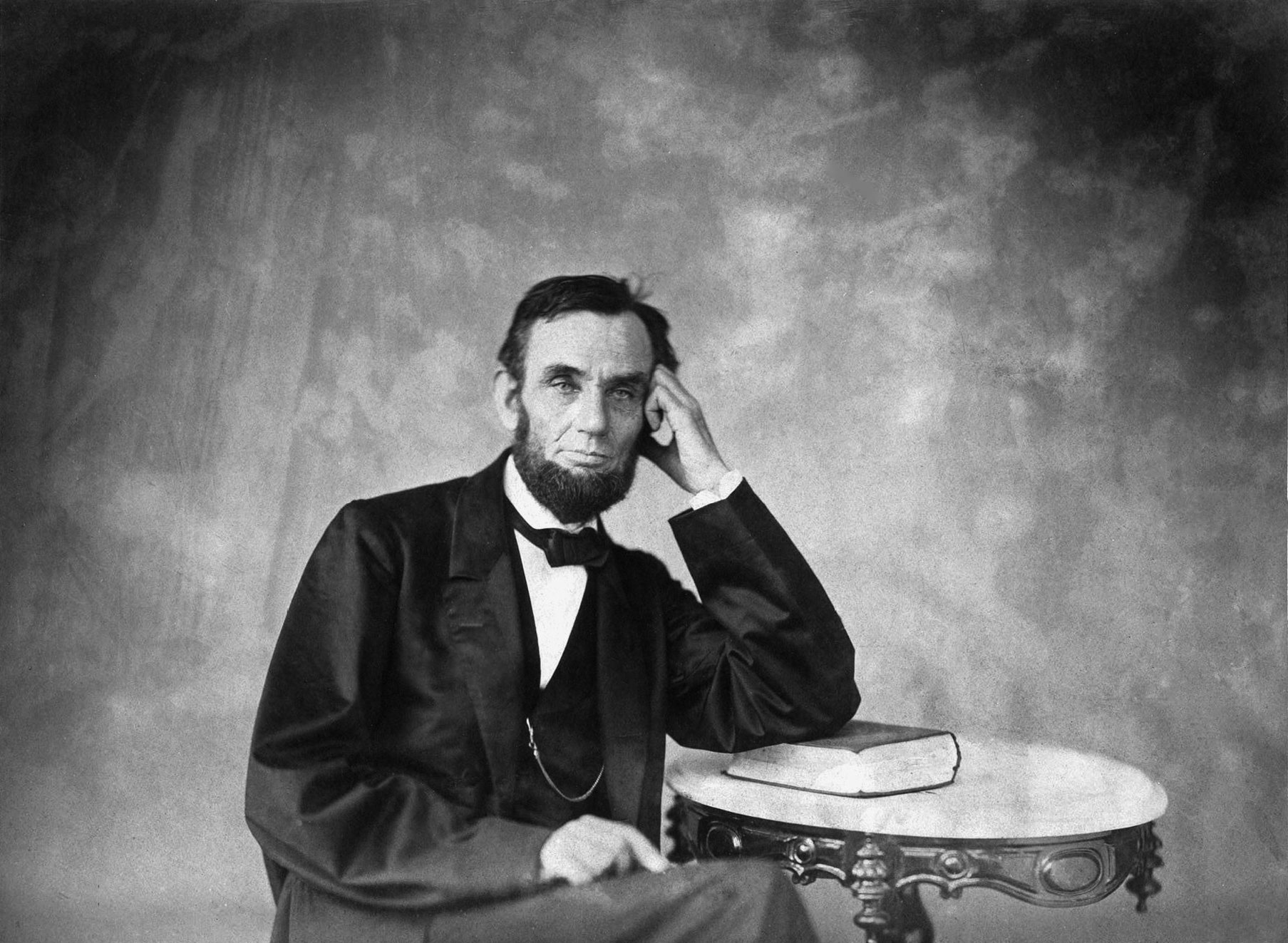JMC Historical Series on Abraham Lincoln
Part I: Lincoln’s Leadership in the Face of Defiance, Secession, and His Constitutional Oath
 A couple weeks ago, we examined the infamous legacy of Lincoln’s predecessor, President James Buchanan. Often remembered for his weak attempts to pacify the nation and avoid war, his inaction only strengthened slavery’s foothold and inflamed divisions further.
A couple weeks ago, we examined the infamous legacy of Lincoln’s predecessor, President James Buchanan. Often remembered for his weak attempts to pacify the nation and avoid war, his inaction only strengthened slavery’s foothold and inflamed divisions further.
But what was Lincoln’s role? Did Lincoln push the nation to war, as some at the time suggested? Or was it an unavoidable consequence of persistent southern defiance and the deepening threat of the Union dissolving?
A House Sharply Divided
Decades of American disagreement erupted in the election of 1860. Four candidates squared off: Stephen Douglas, John Breckenridge, John Bell, and Abraham Lincoln.
Each candidate had very different opinions on how to preserve the Union. The Kansas-Nebraska Act of 1854 was a significant point of contention.
Spearheaded by Stephen Douglas, the Kansas-Nebraska Act fueled national tensions by effectively nullifying the Missouri Compromise of 1820, which prohibited slavery north of the 36° 30′ parallel (with the exception of Missouri). Under the principle of popular sovereignty, the Act allowed the introduction of slavery on the other side of the line and set a dangerous precedent for future territories.
 Lincoln’s Polarizing Arguments
Lincoln’s Polarizing Arguments
Lincoln’s objections to slavery scared slaveholders. During his first debate with Stephen Douglas in 1858, Lincoln rose to national attention largely for arguing that the popular sovereignty claim politicians were using really only meant protecting slavery for people who wanted it. People against slavery had no legal avenue to prohibit it.
Lincoln also made known his moral opposition to slavery.
In his September 1859 speech at Cincinnati, he proclaimed, “I think slavery is wrong, morally, and politically. I desire that it should be no further spread in these United States, and I should not object if it should gradually terminate in the whole Union.”
In spite of his personal objections to slavery, his First Inaugural Address attempted to reassure slaveholding states that he did not wish to interfere. Lincoln’s primary concern was to preserve the Union and uphold his constitutional oath.
Secession and Civil War
The South already considered Lincoln to be an emboldened abolitionist. After he won the election, South Carolina seceded on December 20, 1860. Six additional states followed suit before Lincoln was inaugurated on March 4, 1861.
 Tensions finally erupted when the Confederacy attacked the federal base at Ft. Sumter in Charleston, South Carolina as the federal government attempted to resupply the base. Lincoln, identifying no remaining options toward reconciliation. made the difficult decision to declare war on the South.
Tensions finally erupted when the Confederacy attacked the federal base at Ft. Sumter in Charleston, South Carolina as the federal government attempted to resupply the base. Lincoln, identifying no remaining options toward reconciliation. made the difficult decision to declare war on the South.
We know now that the long and arduous path through the Civil War would ultimately lead the nation to its first major step in realizing our founding principles of freedom and equality. For Lincoln, however, the struggle was just beginning…
Click here for Part II in our Lincoln Series, where we look at the Emancipation Proclamation, its lack of effect toward its intended purpose, and its unexpected impact on the war and the nation itself. And click here to view all installments.
This story originally appeared in our email newsletter. Sign up here for more great stories like this >>
Want to help the Jack Miller Center transform higher education? Donate today.
Relevant resources from JMC
 JMC’s Abraham Lincoln Discovery Page
JMC’s Abraham Lincoln Discovery Page
JMC’s Lincoln Discovery Page provides fellows’ commentary and articles, lecture recordings, and additional resources to explore from around the web.
Click here to view JMC’s Abraham Lincoln Discovery Page >>
![]()
![]() Follow us on Facebook and Twitter for updates about lectures, publications, podcasts, and events related to American political thought, United States history, and the Western tradition!
Follow us on Facebook and Twitter for updates about lectures, publications, podcasts, and events related to American political thought, United States history, and the Western tradition!
Want to help the Jack Miller Center transform higher education? Donate today.

 Lincoln’s Polarizing Arguments
Lincoln’s Polarizing Arguments